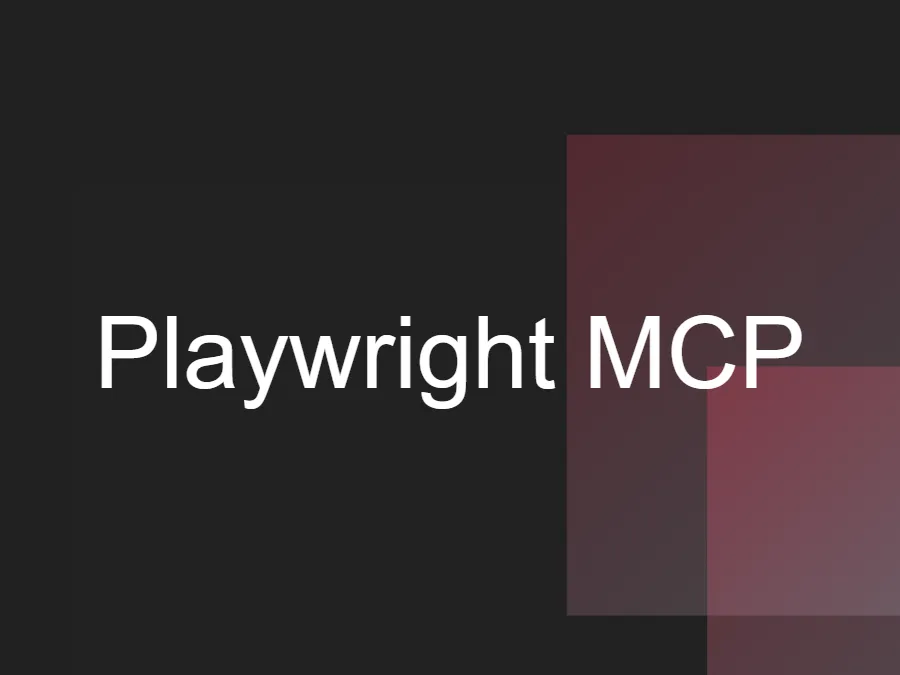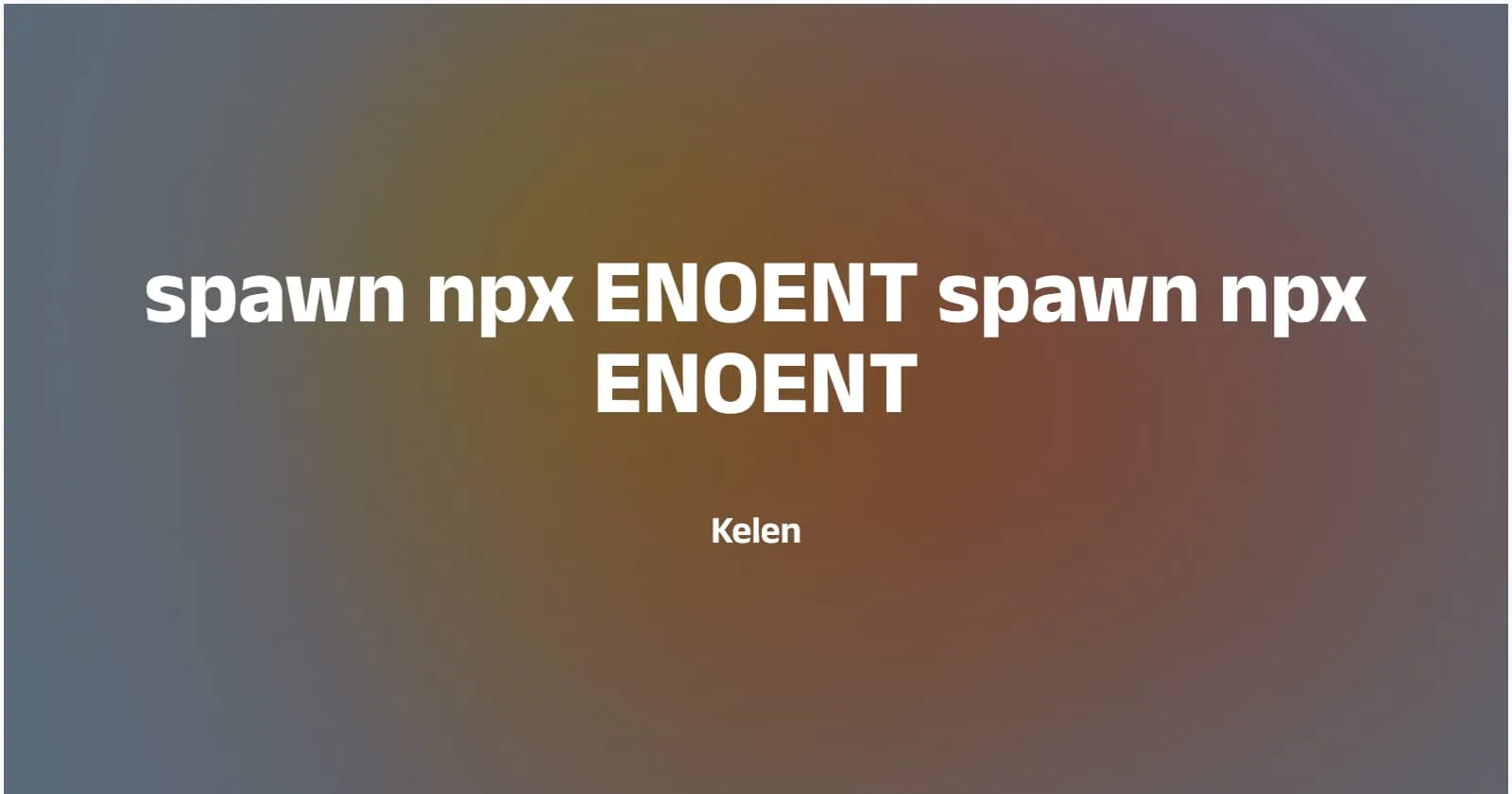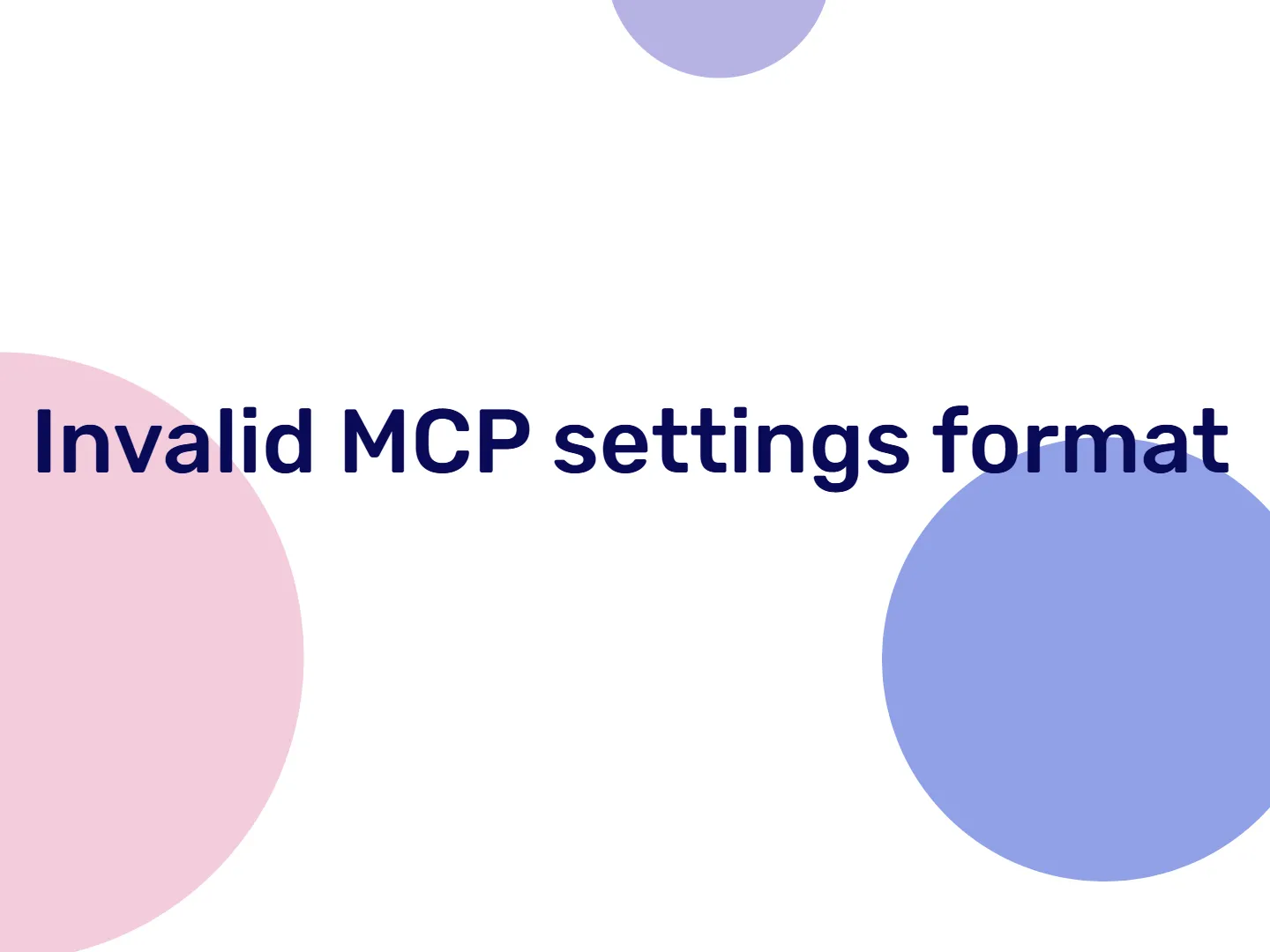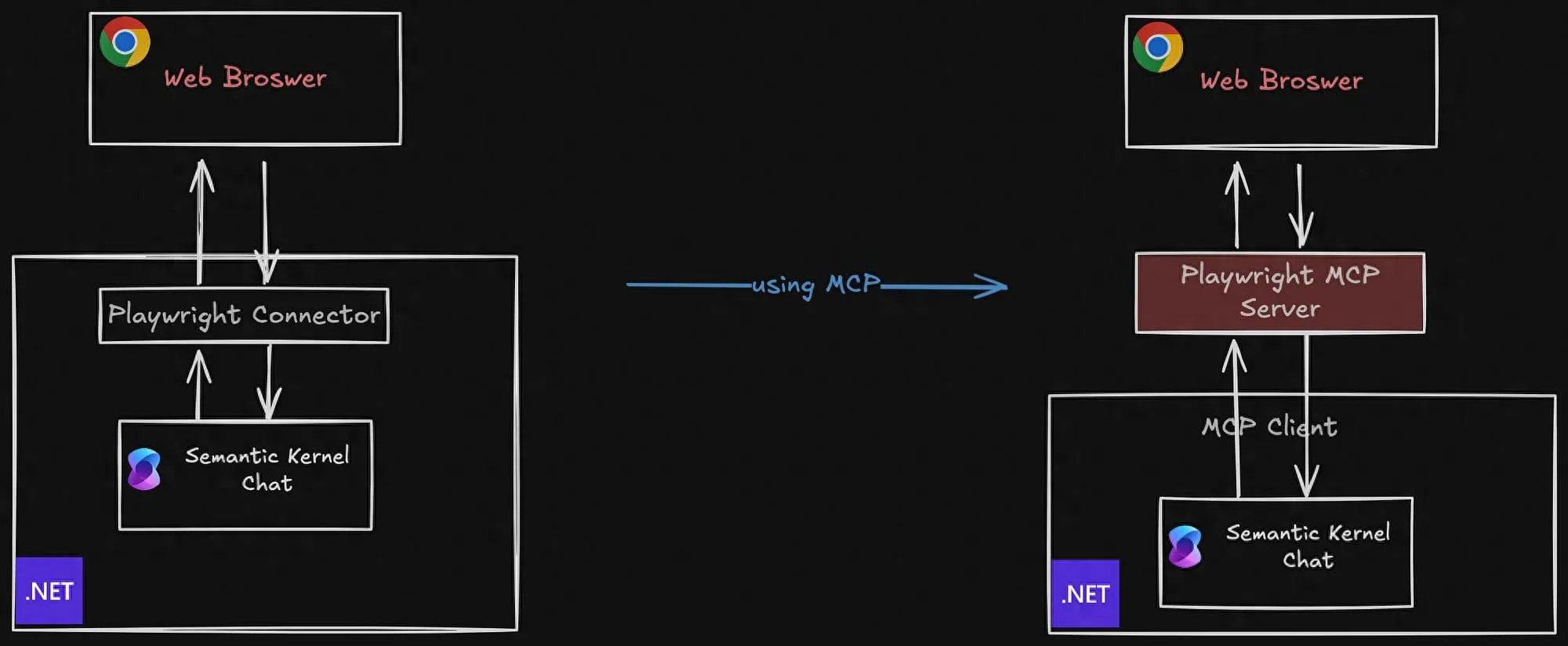
What is MCP
MCP (Model Context Protocol, abbreviated as MCP) is the standard means to connect AI models to data sources and tools. It enables AI to access information and functions beyond its original training scope. MCP is similar to a universal connector for AI systems.
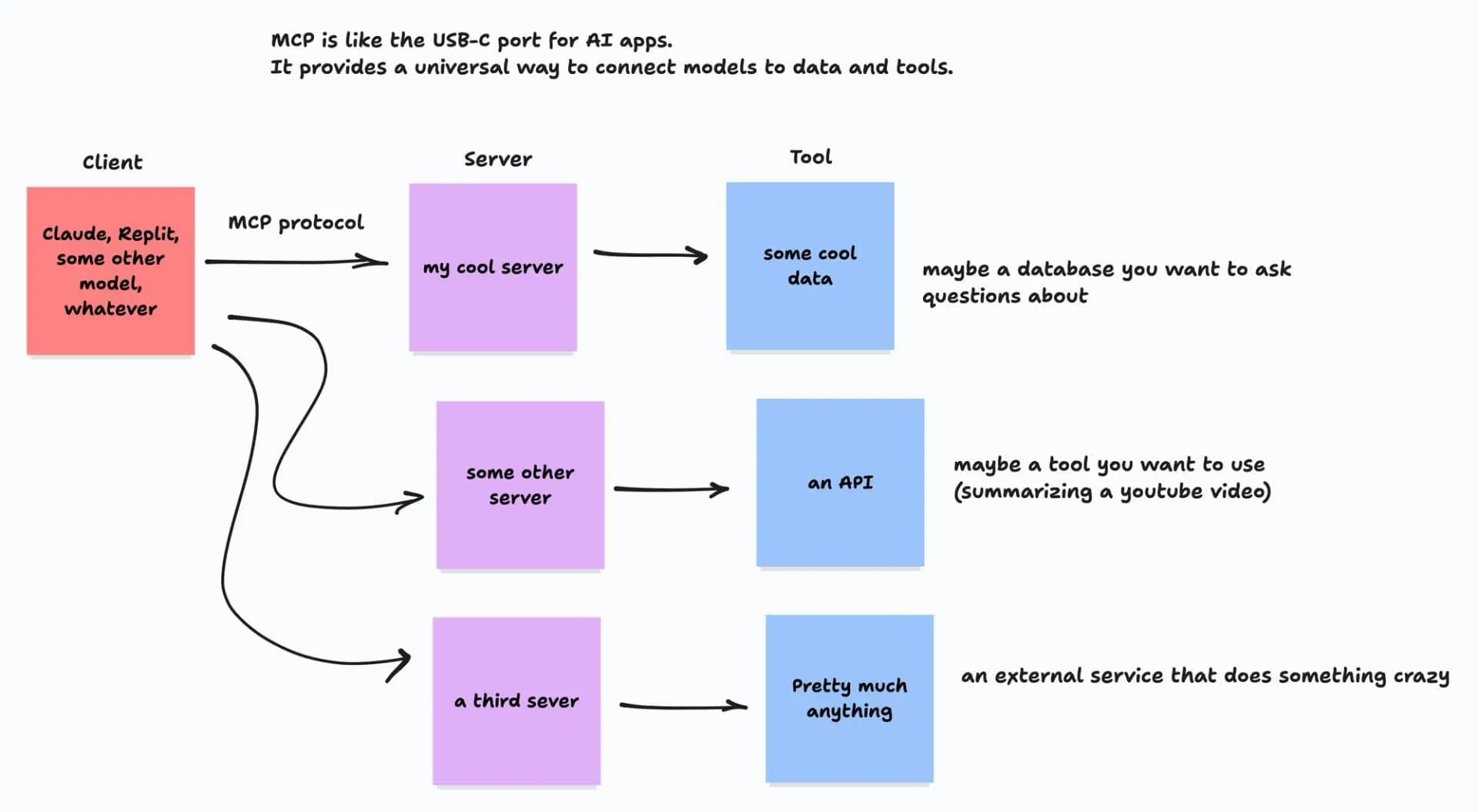
Just as standard ports allow different devices to collaborate, MCP enables different AI models to connect to the same tools and data sources. This indicates that developers can build tools once and make them work with any MCP-supported AI model, similar to the USB - C port for AI applications.
AI models are proficient at generating content and reasoning but are restricted by training data. MCP resolves this issue by allowing them to access external resources when required.
What is Playwright MCP
Playwright MCP is a model context protocol server that utilizes Playwright to offer browser automation functions. This server enables LLM to interact with web pages through structured accessibility snapshots without taking screenshots or adjusting visual models.
The primary features of Playwright MCP include:
- Fast and lightweight: By using Playwright's accessibility tree instead of pixel-based input.
- LLM-friendly: Running only based on structured data without visual models.
- Deterministic tool applications: Avoiding ambiguities commonly found in screenshot-based methods.
Typical use cases of Playwright MCP include:
- Web navigation and form filling.
- Extracting data from structured content.
- Automated testing driven by LLM.
- General browser interaction of agents.
Here is a typical configuration example of Playwright MCP:
{ "mcpServers": { "playwright": { "command": "npx", "args": ["@playwright/mcp@latest"] } }}Currently, Playwright MCP is open sourced on Github under the Apache - 2.0 protocol with more than 6k stars and NPM weekly downloads of 16k +. It is a high-quality front-end open source project worthy of attention.
How to Install Playwright MCP
Developers can install the Playwright MCP server using the VS Code CLI:
// For VS Codecode --add-mcp '{\"name\":\"playwright\",\"command\":\"npx\",\"args\":[\"@playwright/mcp@latest\"]}'// For VS Code Insiderscode-insiders --add-mcp '{\"name\":\"playwright\",\"command\":\"npx\",\"args\":[\"@playwright/mcp@latest\"]}'After installation, the Playwright MCP server can be used with the GitHub Copilot agent in VS Code. Playwright MCP will launch a Chrome browser with a new configuration file located at the following locations:
- `%USERPROFILE%\\\\AppData\\\\Local\\\\ms-playwright\\\\mcp-chrome-profile` on Windows- `~/Library/Caches/ms-playwright/mcp-chrome-profile` on macOS- `~/.cache/ms-playwright/mcp-chrome-profile` on LinuxAll login information will be stored in this configuration file. If you wish to clear the offline state, you can delete it between sessions.
At the same time, Playwright MCP also supports usage in headless browser environments, such as:
{ "mcpServers": { "playwright": { "command": "npx", "args": ["@playwright/mcp@latest", "--headless"] } }}Finally, if developers have requirements, they can even connect through programming:
import { createServer } from "@playwright/mcp";const server = createServer({ launchOptions: { headless: true },});transport = new SSEServerTransport("/messages", res);server.connect(transport);Conclusion
In summary, Playwright MCP is a powerful tool that allows developers to connect AI models with web pages and automate browser interactions. It is fast, lightweight, and easy to use, making it an excellent choice for anyone looking to enhance their AI applications with web capabilities. With its open-source nature and growing community, Playwright MCP is poised to become a standard in the field of AI and web automation.
